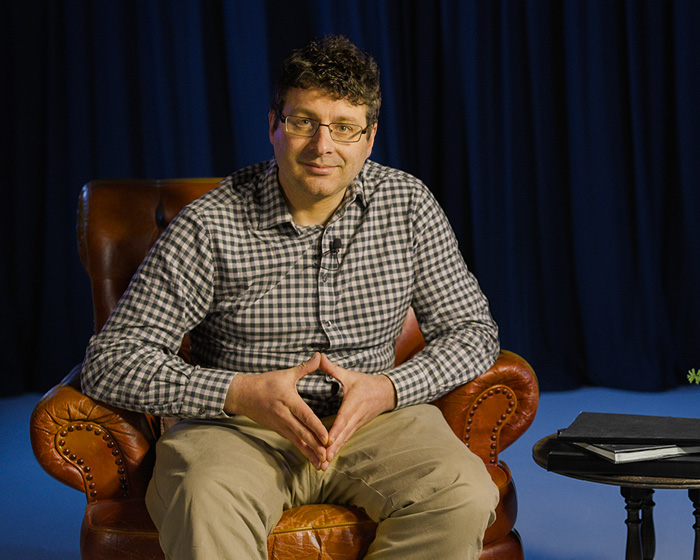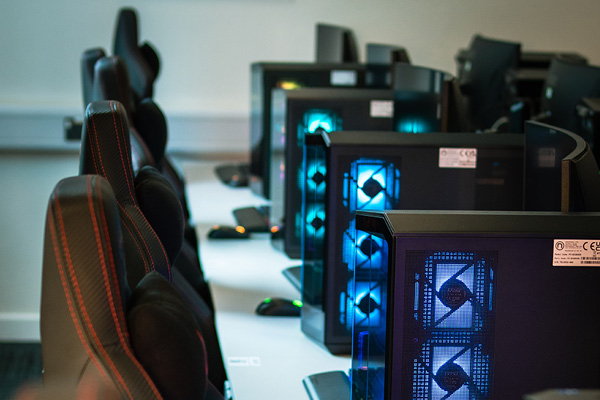Module Overview
This module aims to cover the theoretical fundamentals and practical applications of decision-making, problem-solving and learning abilities in software agents.
Search is introduced as a unifying framework for Artificial Intelligence (AI), followed by key topics including blind and informed search algorithms, planning and reasoning, both with certain and uncertain (e.g. probabilistic) knowledge. Practical exercises in AI programming will complement and apply the theoretical knowledge acquired to real-world problems.
Module Overview
This module aims to cover the theoretical fundamentals and practical application of machine learning algorithms, including supervised, unsupervised, reinforcement and evolutionary learning. Practical programming exercises complement and apply the theoretical knowledge acquired to real-world problems such as data mining.
Module Overview
This module aims to explore current methodologies in the field of computer vision, covering a range of aspects in capturing, processing, analysing and interpreting rich visual content.
The aim is to offer students with a deep understanding and to allow an exposure to the latest developments in computer vision, equipping them with knowledge in practical depth. The module will also provide the opportunity for training in programming skills (e.g. Matlab), tools and methods that are necessary for the implementation of computer vision systems.
The module will also cover applications of computer vision in various fields, such as in object recognition/tracking, medical image analysis, multimedia indexing and retrieval and intelligent surveillance systems, allowing the students the opportunity to establish a full awareness to the technology advance in this rapidly evolving field.
Module Overview
This module introduces cutting-edge topics in computer science research areas, including both theory and practical applications. The module follows a research seminar format, involving input from colleagues across the University. Additionally, guest lectures from industry representatives and leading international researchers may be offered. Students can further benefit from opportunities to discuss potential research topics that they can explore to build and enhance their research and critical thinking skills.
Module Overview
This module provides insights into the management of company and personal data with an emphasis on security. Impact on organisations and individuals resulting from attacks is explored. The application of security elements including but not limited to, passwords, certificates, firewalls, and intrusion detection systems are considered. The scope for security is explored, taking into account the implementation of theoretical models and considering identity access management.
Module Overview
This module aims to explore advanced topics using a contemporary object-oriented programming language. The objective is to prepare students for professional-level programming in scientific and commercial computing, and to support programming tasks in other modules of this award.
Students can explore a range of programming topics through a series of lectures and practical workshops, and will work on producing an individual programming assignment.
Module Overview
This module is designed to cover the fundamental skills and background knowledge that students need to undertake research related to the title of the award being studied, including: surveying literature; selecting and justifying a research topic; planning of research; selection of appropriate research methods; evaluation of research; presentation and reporting of research; and legal, social, ethical and professional considerations.
Module Overview
This module presents students with the opportunity to carry out a significant inquiry-driven research project, focusing on a topical area of interest that is aligned with their programme of study. This is primarily realised through the development of a dissertation and substantive research and/or software implementation output.
The research project is an individual piece of work, which enables students to apply and integrate elements of study from a range of modules, centred on a specific research question. The student will undertake work that is relevant to the ongoing research in either one of the established research centres within the School of Computer Science or through the development of a project concept in consultation with their allocated academic supervisor.
Module Overview
This module aims to provide students with an understanding of advanced concepts of software engineering principles and practices. The course focus on developing the skills necessary to design and deploy sophisticated modern software systems in a range of application areas. You will develop your practical software engineering skills and learn new theories of software development.






